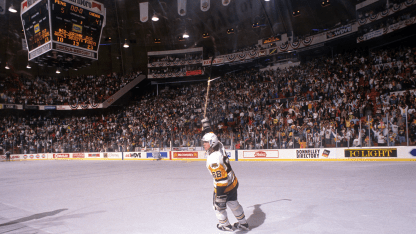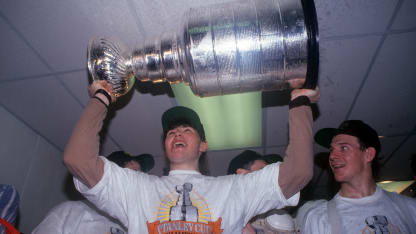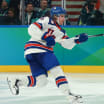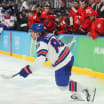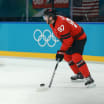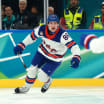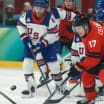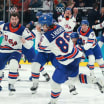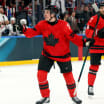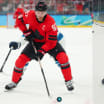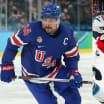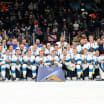PITTSBURGH -- Jaromir Jagr’s relationship with Pittsburgh is as unique as the man himself.
In his first 11 seasons after being selected by the Pittsburgh Penguins with the No. 5 pick in the 1990 NHL Draft, the city loved every bit of the Jagr package.
Winning the Stanley Cup in 1991 and 1992. The customary salute after a goal. The wry smile and flowing mullet.
“I came here, the city, the people, they helped me,” Jagr said Friday during a dinner event in Pittsburgh. “I felt like I was unstoppable.”
On July 11, 2001, the right wing was traded to the Washington Capitals. Everything changed. In each return, the crowd bristled as the puck touched Jagr's stick before cooling later in his 24 NHL seasons.
But really, Pittsburgh just wanted Jagr back. On Sunday, he will be when the prodigal son has his No. 68 retired by the Penguins before they face the Los Angeles Kings at PPG Paints Arena (6 p.m. ET; SN-PIT, BSW, SN360, TVAS).
“I’m kind of afraid of it. They don’t like me here,” Jagr said. “Plus, I don’t really enjoy it. I don’t know how to explain it. People will say, ‘Oh, he’s crazy. Why doesn’t he like it?’ I don’t like that. I like to be on the side. I don’t have to be seen. I just love the game.
“But on the other side, I’m so honored for whatever is going to happen Sunday. I’m so honored.”
Jagr will become the third Penguins player to have his number retired, joining Mario Lemieux (66) and Michel Briere (21). He is second in NHL history with 1,921 points (766 goals, 1,155 assists) in 1,733 games, behind Wayne Gretzky (2,857).
In Pittsburgh, he won the Hart Trophy as NHL most valuable player (1999), the Art Ross Trophy as points leader five times (1995, 1998, 1999, 2000, 2001) and the Ted Lindsay Award as the League’s most outstanding player as voted by the players’ association twice (1999, 2000).
Jagr is fourth in Penguins history with 1,079 points (439 goals, 640 assists) in 806 games, trailing Lemieux (1,723), Sidney Crosby (1,556) and Evgeni Malkin (1,270).
